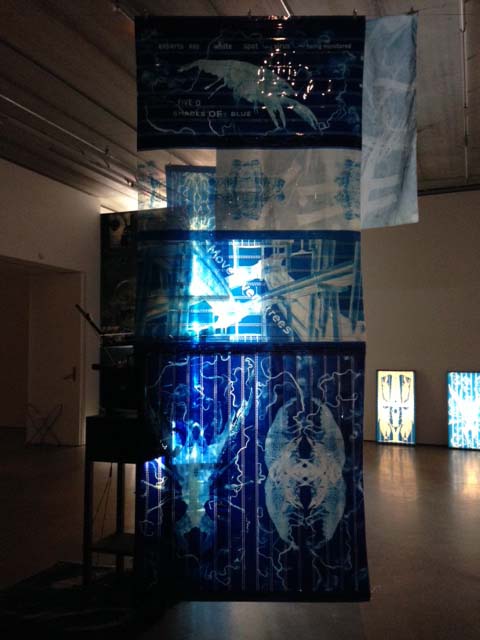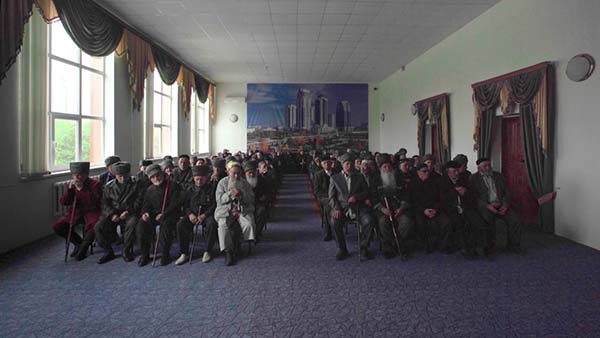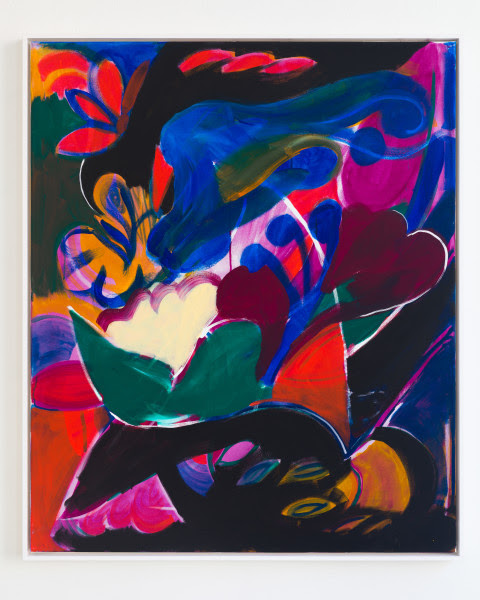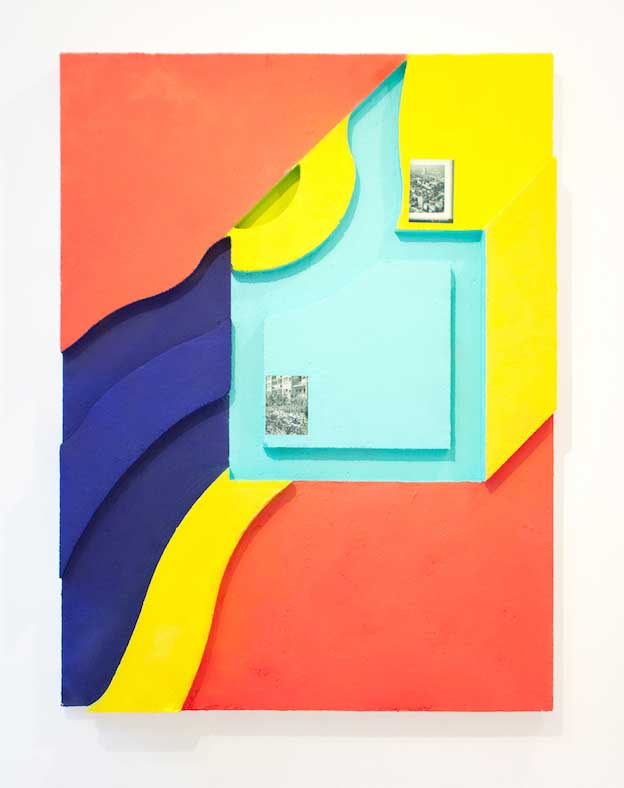The prospect of writing an innovative novel could be a contemporary poet’s nightmare, for who wants to be confined by mainstream devices of the conventional narrative, and how does a poet turned novelist avoid the blunders of monotony (or as Kunin writes on pg. 28, “a lifetime of needless repetitions”)? At best, how does this novel pursue a previously overlooked approach? Aaron Kunin’s first novel The Mandarin is hardly coy in dissecting the heavy sentiments associated with such a pursuit. The lines between the writer and the novel’s panoply of characters, between the reader and the read and among the novel’s personalities (both human and their inanimate counterparts—e.g. a TV set, toenail clippings, umbrella, telephone, ad nauseam) are brimming with pointed opinions, intellect and desire—they are infinitely built, demolished, rebuilt and tinkered with. The Mandarin requires the strictest attention; its pace is quick, odd and askew but careful not to exhaust. One could almost declare that Kunin’s book, along with being a disappointed jester of our current political and spiritual state, is a questionably harmless enemy of the predictable and linear.
There are topophilic undertones, considering the presence of Minneapolis as a nostalgic harbinger of memory, regret and expirations. This city fills the shoes of both friend and foe, similar to an ex-wife who holds the key to certain forgotten experiences that one has spent years trying to erase. The characters don’t quite fit in the now Minneapolis they once roamed—restaurants they enjoyed are no longer, previous jobs have desisted, houses they once occupied are unwelcome. Chapters are punctuated by a set of off-kilter illustrations by David Scher—several provide uncanny, metaphorical expressions for one’s interaction with the novel in question. For instance, three childlike sketches of staplers coupled with the caption, It all happens on a molecular level. Another: Is the snake immune to its own poison? Or an image of an abandoned phone booth, phone dangling, neglected, with the words, You don’t know me well enough to make fun of me.
It is true. After reading The Mandarin, I don’t know the novel’s intentions well enough to make fun of them—much less sully them. This work will not provide most with quaint answers to boring questions, and if one finds that it does, no Q&A goes undeserved. One might find the answer to a previous question pages later, forced to reformulate an inquiry all together. Kunin provides the reader with his own awkward code to reformulate the page; he chooses to problematize literature, and The Mandarin is no exception. The novel dismantles rhetorical tricks, criticizes and provokes art making, laughs at itself—similar to an only child forced to play within the confines of a cornered imagination because he hasn’t discovered how to play with others (in this case, others equal previously published horrors). The Mandarin is a lonely, insecure experiment, but it simultaneously enforces that there is hope for a novel that dissects its own pursuit of novelty or popularity, thereby becoming humorous and infectious.
Almost entirely filled with dialogue (omit a few chapters) highlighting fraternal-sororal affiliations of Willy and Natasha and Hallamore and Mercy, they are eerily connected in dreams yet disjointed in reality. As Kunin explain in his own reflective synopsis, “actions and events tend to occur within a nimbus of uncertainty,” one can accept the narrative illogic or new logic that Kunin has constructed—this acceptance should not be equated with truth, for The Mandarin is no blind advocate of dogmatism. Instead, it emphasizes a divide and conundrum between the doers and thinkers of our world, between readers and non-readers, between “softies” and the hardened, unpleasant souls we sometimes find ourselves to be. The poet in the novelist illustrates a dire placelessness of the masses, where some shadowbox one way, others another way, and some: not at all. The world of The Mandarin is littered with failed jokers, yet Hallamore comments, “We are all comedians. Every comedian is wrong about something. There’s a place for those of us who don’t belong.” Despite placelessness as a primary theme, it is recommended that Kunin and his existential archaeologists find a home in yours.To see the review in context, click here.








